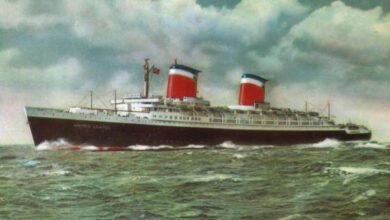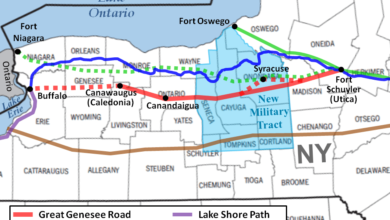Ira Allen: A New Biography


 Born on April 21, 1751 in present-day Litchfield County, Connecticut, Ira Allen was a land speculator, revolutionary, pamphleteer, politician, colonizer, and a key figure in the history of Northern New England. He was one of the founders of the state of Vermont and a leader of the Green Mountain Boys. He was the younger brother of Ethan Allen.
Born on April 21, 1751 in present-day Litchfield County, Connecticut, Ira Allen was a land speculator, revolutionary, pamphleteer, politician, colonizer, and a key figure in the history of Northern New England. He was one of the founders of the state of Vermont and a leader of the Green Mountain Boys. He was the younger brother of Ethan Allen.
In 1771, Allen went to Vermont (then part of the British colonial Province of New York) with his brother Ethan as a surveyor for the Onion River Land Company, which the four Allen brothers established in 1772 (it was dissolved 1785). Their goal was to purchase lands under the New Hampshire Grants and they served a central role in the dispute with the New York over conflicting land claims in the region.
The New Hampshire Grants were made between 1749 and 1764 by the colonial governor of the Province of New Hampshire, Benning Wentworth on land claimed by New Hampshire west of the Connecticut River, territory that was also claimed by the Province of New York. These grants extended to a line 20 miles east of the Hudson River, and north to the eastern shore of Lake Champlain.
In 1770, the New York Supreme Court declared all of Wentworth’s grants invalid. This infuriated residents, including the Allens, and their Green Mountain Boys, rose up to sometimes violently resist those efforts.
The New Hampshire Grants region – which included parts of modern Washington, Essex and Clinton Counties in New York, petitioned the Continental Congress for entry into the union as a state independent of New York in 1776.
When this failed, on January 15, 1777, representatives of the New Hampshire Grants declared their independence. For the first six months it was called the Republic of New Connecticut, but on June 2, 1777, a second convention of 72 delegates met and adopted the name Vermont Republic (1777 to 1791).
Ira Allen was a leading figure in this declaration, which was originally intended Vermont to be independent of both the British colonies and the newly-founded United States.

 He held such important state offices as treasurer, surveyor general, and member of the Governor’s Council; published hundreds of pages defending Vermont against a host of internal and external enemies; and represented Vermont in negotiations with the British government, other American states, and Congress.
He held such important state offices as treasurer, surveyor general, and member of the Governor’s Council; published hundreds of pages defending Vermont against a host of internal and external enemies; and represented Vermont in negotiations with the British government, other American states, and Congress.
Late in the American Revolution, Ira and his brother Ethan, along with Thomas Chittenden (1730 – 1797) and others, were involved in the Haldimand Affair in which they took part in discussions with the British Governor of the Province of Quebec about reinstating Vermont as a British province.
Ira Allen: A Biography (Vermont Historical Society, 2024) by J. Kevin Graffagnino, is a full-length biography that examines Allen’s life and contributions to Vermont. It’s the first published examination of Allen’s career in nearly a century.
Author J. Kevin Graffagnino served as curator of Vermontiana at the University of Vermont’s Special Collections between 1978 and 1995 and served as the youngest trustee in the history of the Vermont Historical Society (between 1979 and 1985). Afterward he served as the library director at the Wisconsin Historical Society between 1995 and 1999 and the executive director at the Kentucky Historical Society in 1999.
In 2003, he returned to Vermont and became the executive director of the Vermont Historical Society until 2008 and then director of the William L. Clements Library at the University of Michigan until his retirement in 2019. He was written and edited 25 books, including 15 about Vermont history.
Illustration: Monument of Ira Allen on the University of Vermont campus in Burlington, VT.
Source link





